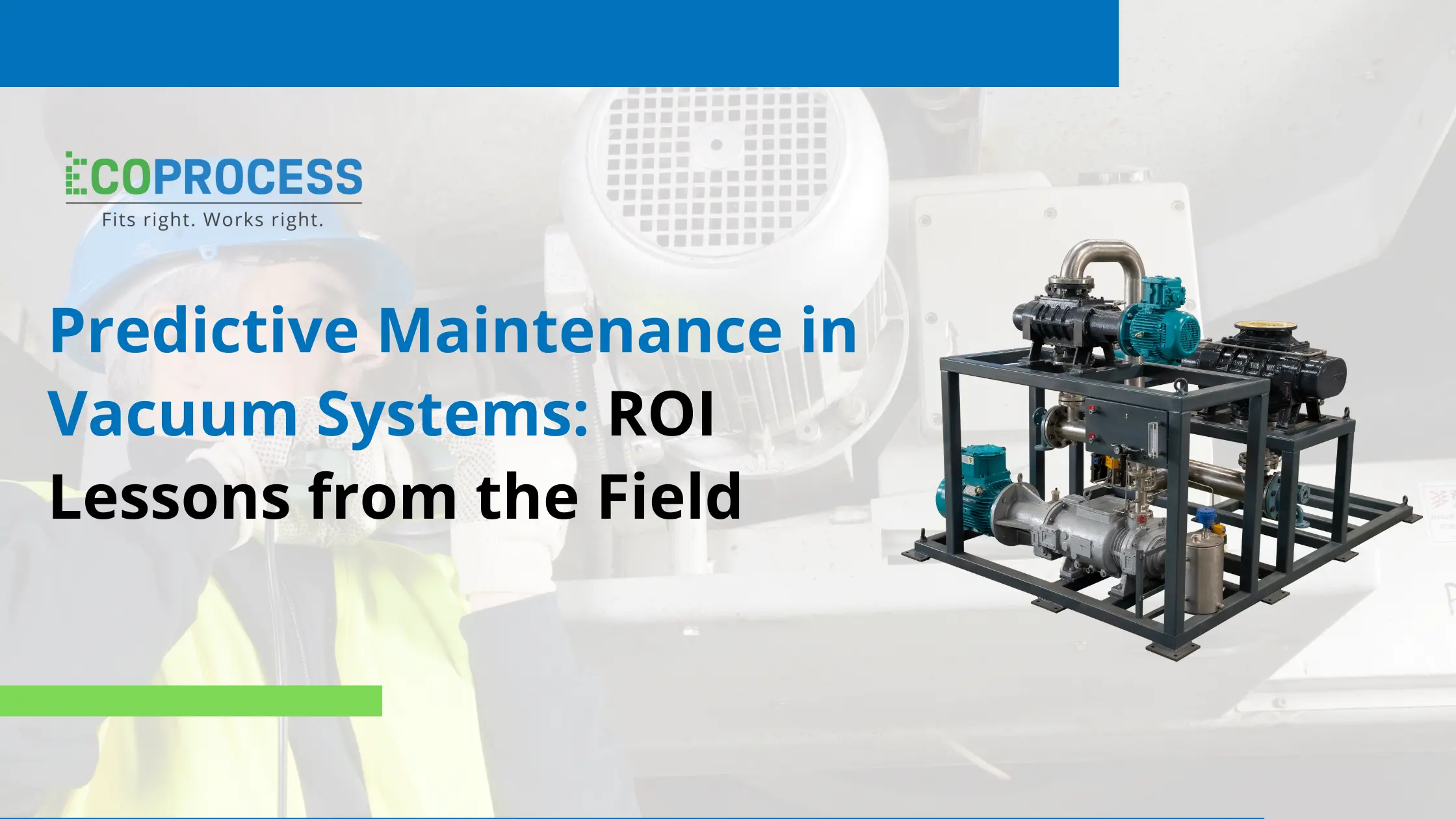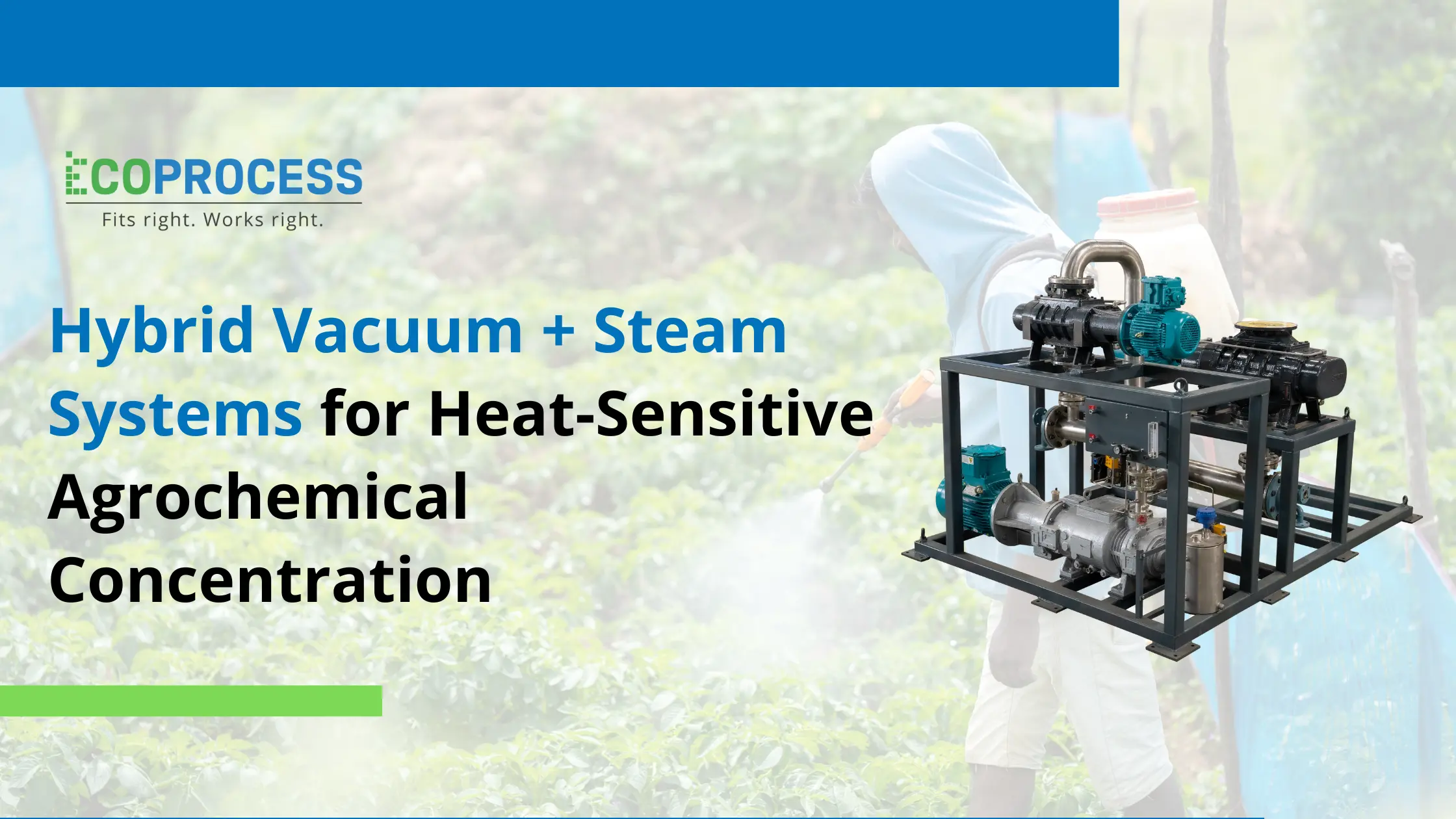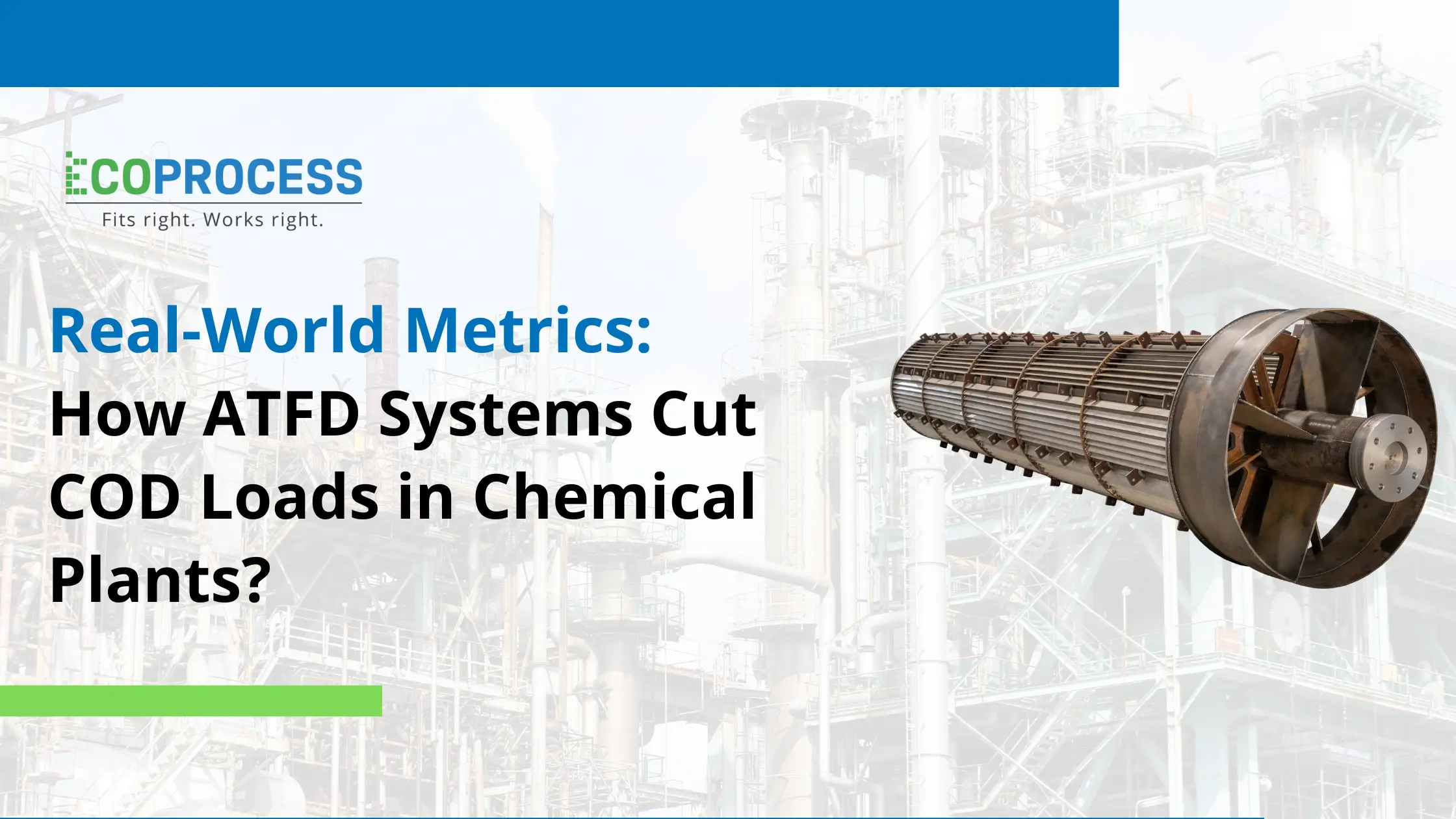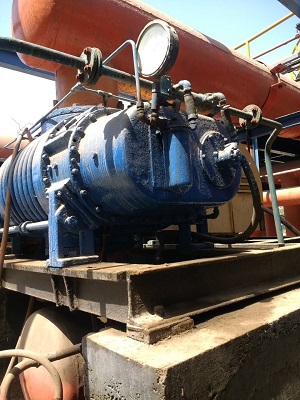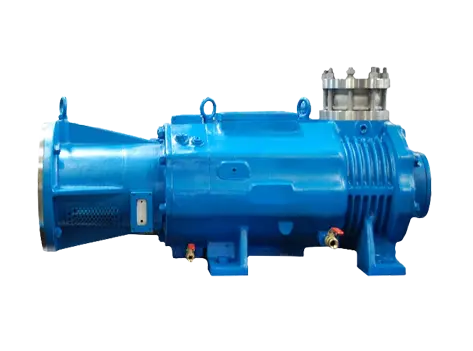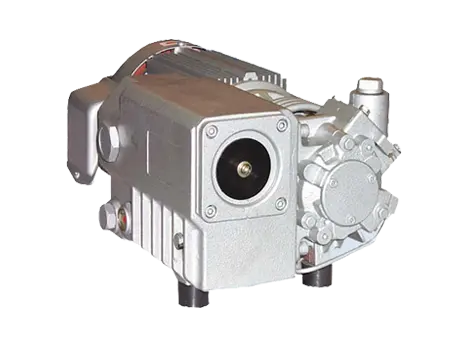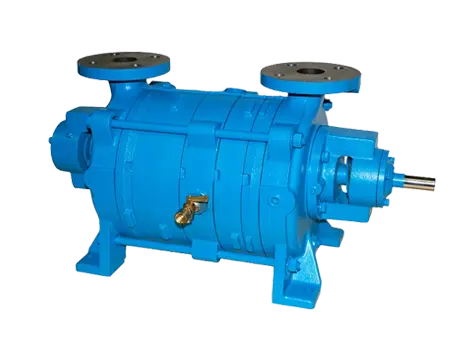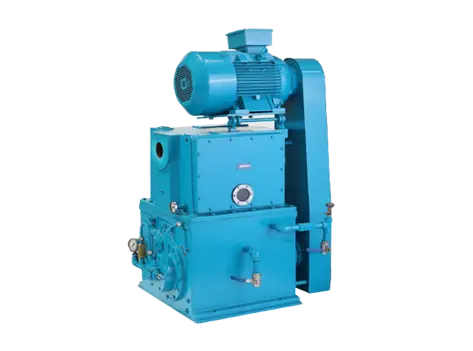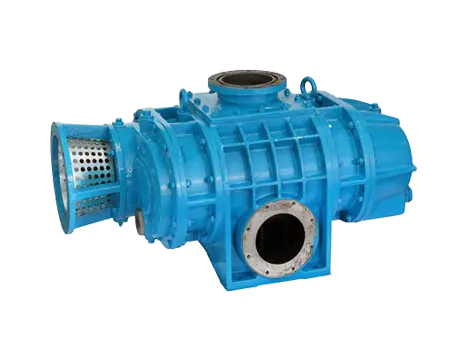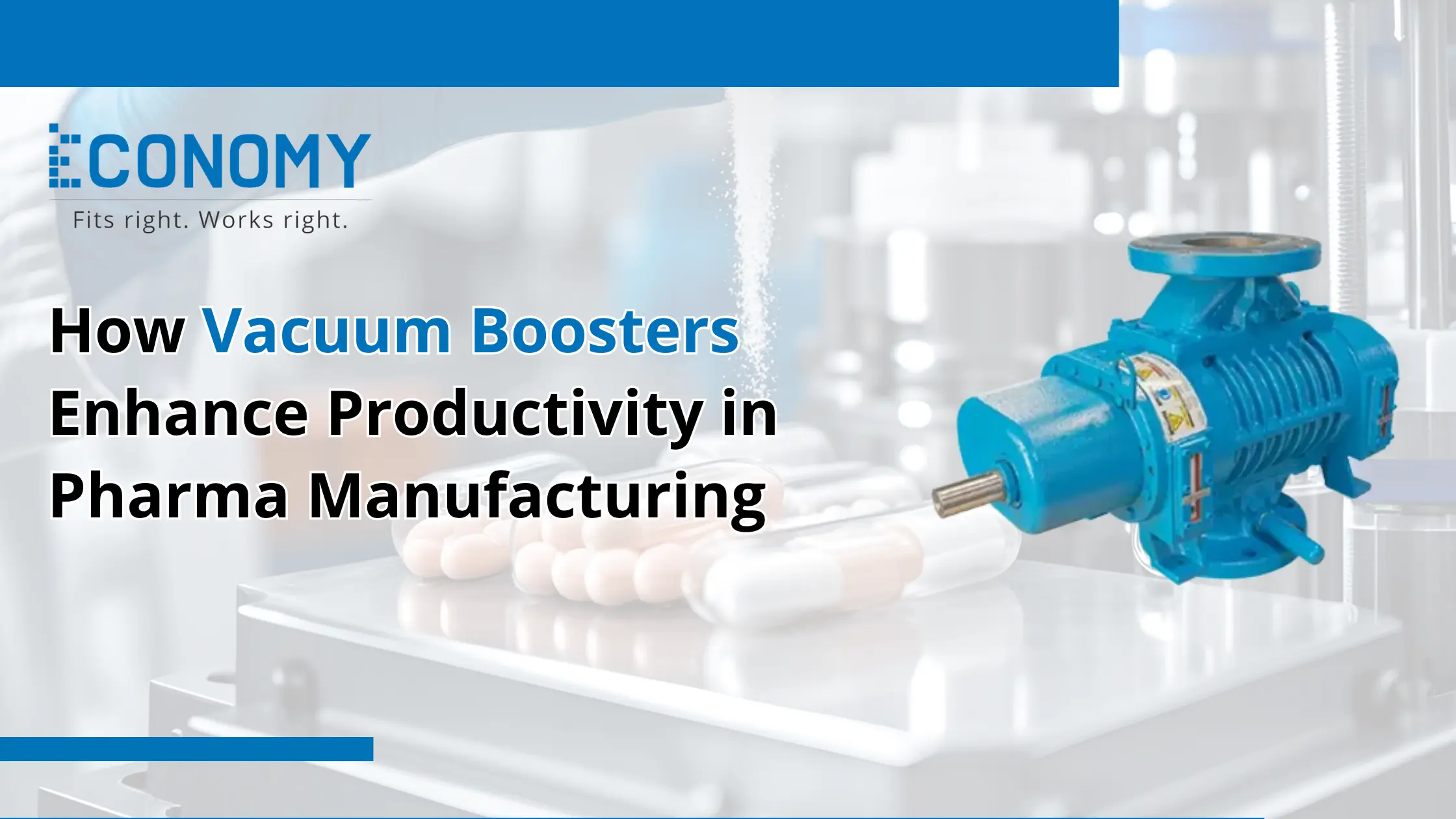
How Vacuum Boosters Enhance Productivity in Pharma Manufacturing
Modern pharma manufacturing demands precise pressure control to secure product safety and quality at scale. Vacuum pumps help remove trapped gas from controlled environments to avoid contamination during tablet coating operations.
Mechanical vacuum booster pumps aid in faster pressure reduction for batch processes to meet strict throughput targets. This blog explains how vacuum systems for pharma can drive throughput gains while keeping process integrity intact. Readers get insight into key boost strategies.
Critical Role Of Vacuum In Pharma Manufacturing
Vacuum plays a central role in drying mixing and filtration steps within controlled pharma production environments. Weak vacuum pressure may cause slow drying, uneven coating, poor purity levels or safety concerns. Reliable vacuum systems for pharma reduce downtime contamination events.
1. Rapid Degassing Rate
Strong low pressure forces gas out of liquids at a high pace during drying processes. A mechanical vacuum booster pump helps maintain those low pressures to secure consistent yields process after process.
2. Uniform Coating Quality
Proper vacuum control supports even film application on tablets or capsules during batch runs. This process reduces rejects and waste in downstream packaging operations while lowering overall production costs.
3. Sterile Environment Maintenance
Vacuum removal of contaminants keeps chambers free of particles and moisture throughout each cycle. Boosters support hard vacuum levels needed for stringent sanitation rules during sterilization cycles to meet strict norms.
4. Consistent Pressure Stability
Stable vacuum pressure prevents process fluctuations that harm product uniformity in every batch. A mechanical vacuum booster pump offers steady operation over extended cycles to prevent downtime losses.
How Boosters Enhance Vacuum System Performance?
Boosters raise suction strength to speed gas removal and improve throughput in batch operations. They link primary systems to vacuum pumps for low-pressure levels in processing chambers and control gas flow during startup.
1. Suction Capacity Enhancement
Booster units increase suction force to pull gas through filters at higher speeds. They maintain low back pressure during vacuum pump operation to avoid flow drops at high loads.
2. Vacuum Distribution Control
Booster units balance pressure across multiple chamber lines for uniform operation under variable load conditions. This process prevents uneven removal rates that can affect dosage accuracy during batch runs.
3. Stage Cooling Protection
Booster units cool stage surfaces to prevent overheating of mechanical seals and valves. They protect pump life and reduce maintenance frequency in high-duty cycles for stable production.
4. Rapid Start Cycling
Booster systems allow faster startup by lowering pressure quickly at each chamber stage.
They cut the idle time between runs to support higher daily throughput goals without quality loss.
5. Contaminant Capture Aid
Booster units help trap residual vapors before venting into the atmosphere under safe conditions.
They reduce the environmental release of solvents in cleanroom settings to meet safety norms.
Key Advantages Of Booster Pump Integration
Vacuum boosters yield many direct manufacturing gains across pharma lines. They improve throughput control and maintain high purity needs for final products. Many sites now adopt boosters to meet production demands.
1. Increased Throughput Rates: Booster use cuts cycle time by speeding gas removal from sealed vessels for faster batch completion. This lets sites run more batches per day to boost production volume without quality loss.
2. Improved Drying Consistency: Stable low pressure ensures uniform moisture removal during drying steps across all units. This reduces rework and keeps product specifications within narrow limits for better batch uniformity.
3. Lower Contamination Incidents: Boosters remove harmful vapors before they reach exhaust paths in production halls. This helps maintain cleanroom standards and reduces recall risk in final products by controlling vapors.
4. Reduced Power Demand: Booster units lower the load on main vacuum pumps, reducing power draw during each cycle. This cuts utility costs and limits heat generation in controlled areas for safer operation.
5. Simplified Maintenance: Booster design often includes easy access ports for cleaning and filter changes between shifts. This reduces downtime and keeps production on schedule without long shutdowns or extra labor.
EPS Vacuum Booster Solutions For Pharma Needs
EPS product range covers vacuum booster solutions tailored for pharma lines. Models serve diverse needs, from pilot labs to full-scale plants. A mechanical vacuum booster pump model fits each process demand with precision.
1. Lab Scale Series
These compact boosters provide gentle suction for small batches and R&D equipment with precise control. A vacuum system for the pharma mini booster option suits tight spaces and variable loads in lab areas.
2. Pilot Plant Series
Units scale well for mid-volume runs on pilot or demonstration lines with steady performance. This mechanical vacuum booster pump model offers adaptability through pressure control features for varied batch sizes.
3. Industrial Scale Series
Heavy-duty boosters deliver high suction for full-scale manufacturing plants with constant performance. Vacuum systems for pharma environments rely on these models for robust pressure support during 24/7 operations.
Real-World Pharma Applications Of Booster Pumps
Pharma makers face strict rules for product purity process repeatability and safety, but vacuum boosters help meet those rules and keep yields high across various applications. Below are common use cases where these devices add real value.
Tablet Drying
In tablet drying chambers, boosters remove trapped moisture from coated tablets evenly and quickly under controlled low pressure to prevent film slumping while reducing batch time. This lowers stickiness defects and helps maintain the tablet shape to meet tight quality limits set by regulators without adding extra drying cycles.
Freeze Drying
Lyophilization chambers need stable low pressure for ice sublimation in ampoules vials or trays to avoid product collapse and yield loss over long runs. A mechanical vacuum booster pump sustains those pressures across load changes and supports repeatable freeze profiles for consistent batch quality. These systems help avoid vial breakage or uneven moisture content.
Solvent Recovery
In solvent recovery units, boosters draw vapor from distillation columns into condensers to reclaim solvents for reuse and cut waste streams in closed loops. This system decreases costs and waste in cleanrooms with emission limits, ensuring compliance. A pharmaceutical vacuum design integrates boosters into pipelines, saving time.
Call to Action
Consider adding a mechanical vacuum booster pump to your pharma line now for better yields. Contact our team to learn specific system options and precise sizing guidelines. Let experts guide you toward reliable vacuum systems for pharma integration. Unlock higher throughput with minimal investment in vacuum infrastructure today.
FAQs
What are vacuum booster pumps?
Vacuum booster pumps are auxiliary devices that raise suction levels for vacuum pumps. They allow faster pressure reduction and uniform low pressure across multiple chambers to improve process control.
Why are they essential in pharmaceutical processes?
They deliver stable low pressure needed for drying coating or freeze drying steps in pharma manufacturing. This guaranteed pressure environment helps maintain product consistency, purity and safety standards throughout each run cycle.
What are the benefits of using EPS boosters?
EPS boosters improve throughput rates by speeding vacuum draw and reducing cycle time. They cut energy use maintenance needs and contamination risk in pharma lines. This leads to cost savings and quality consistency.
How do you select the right booster system?
Evaluate system pumping speed pressure range duty cycle and chamber volume to match process demands. Compare model performance specs, footprint, and service access to make the best choice. Consult technical data and vendor guidance for correct sizing.
